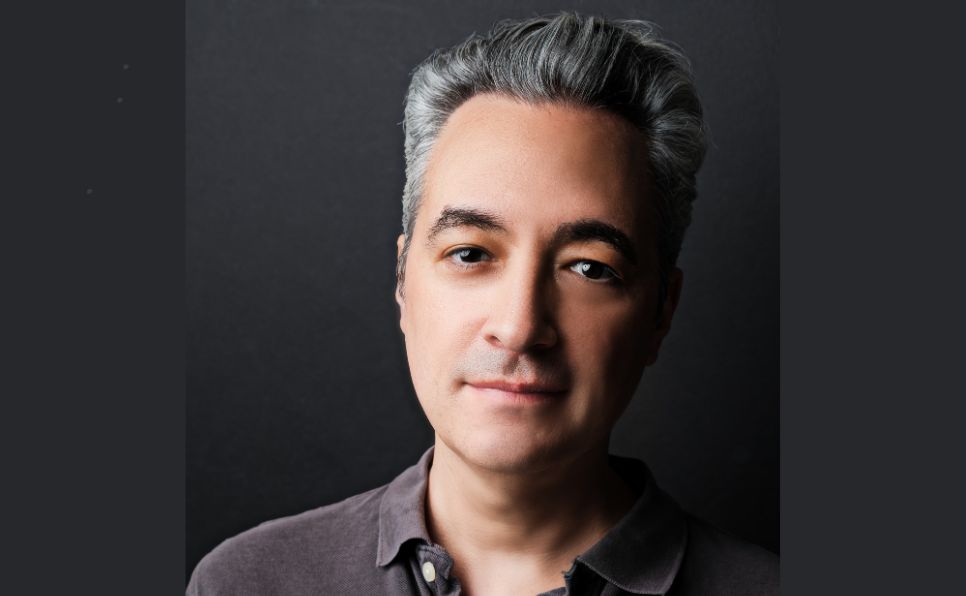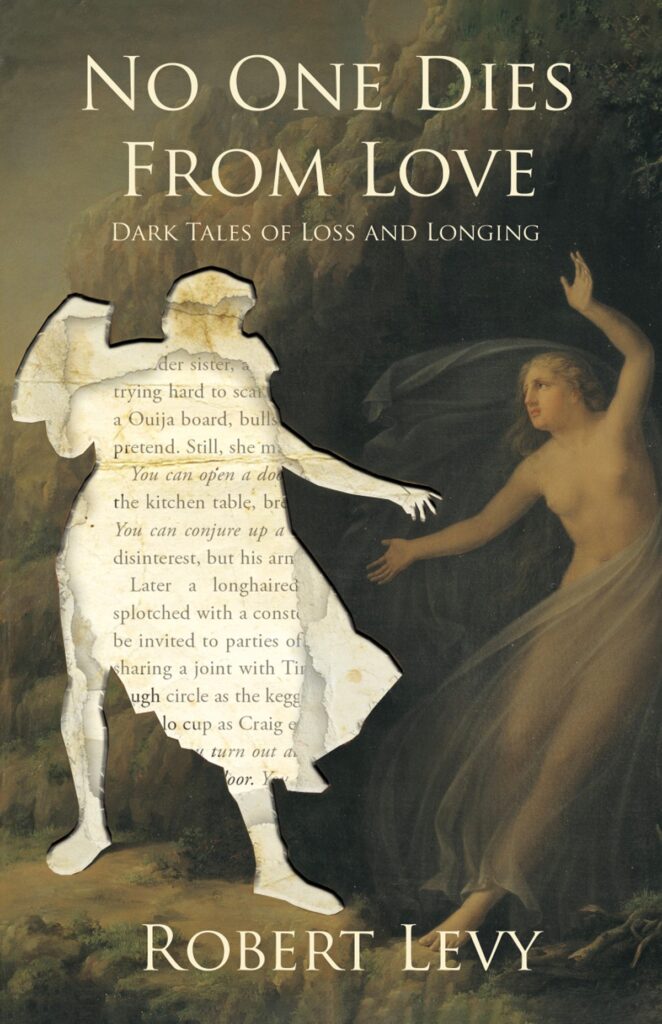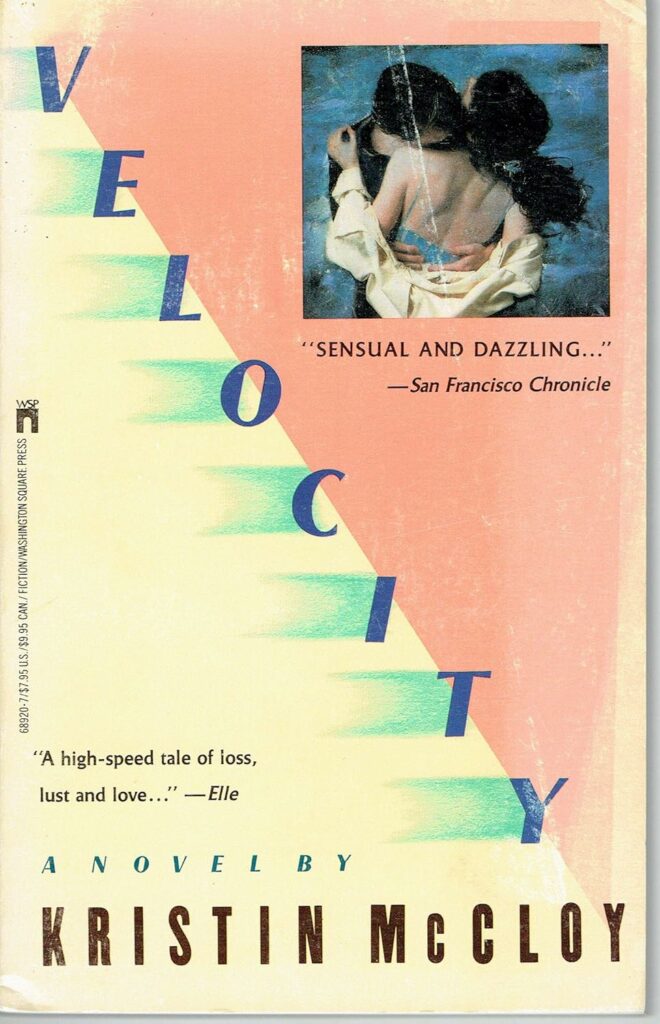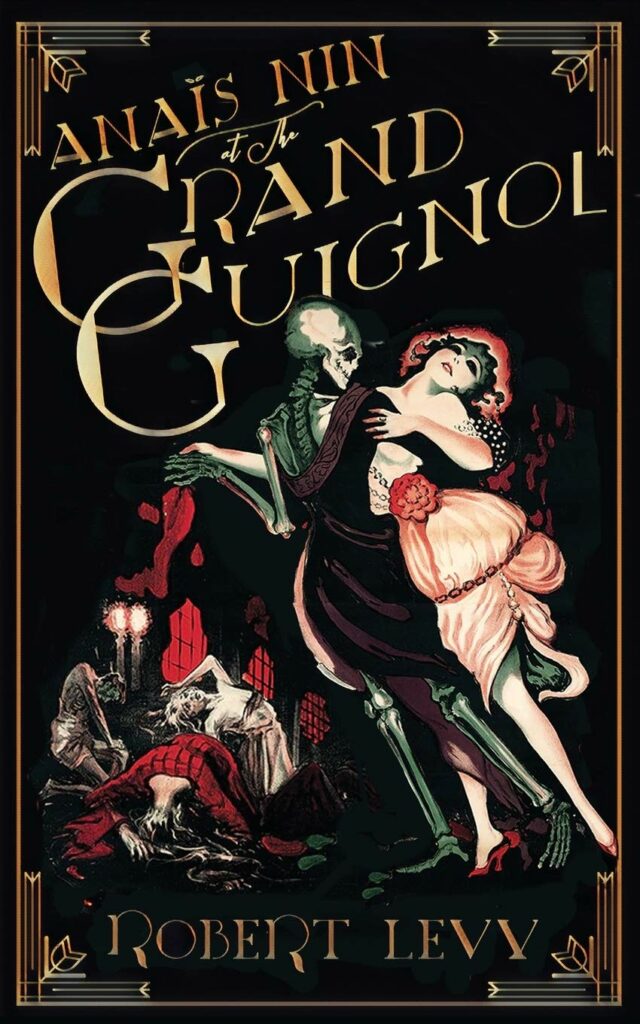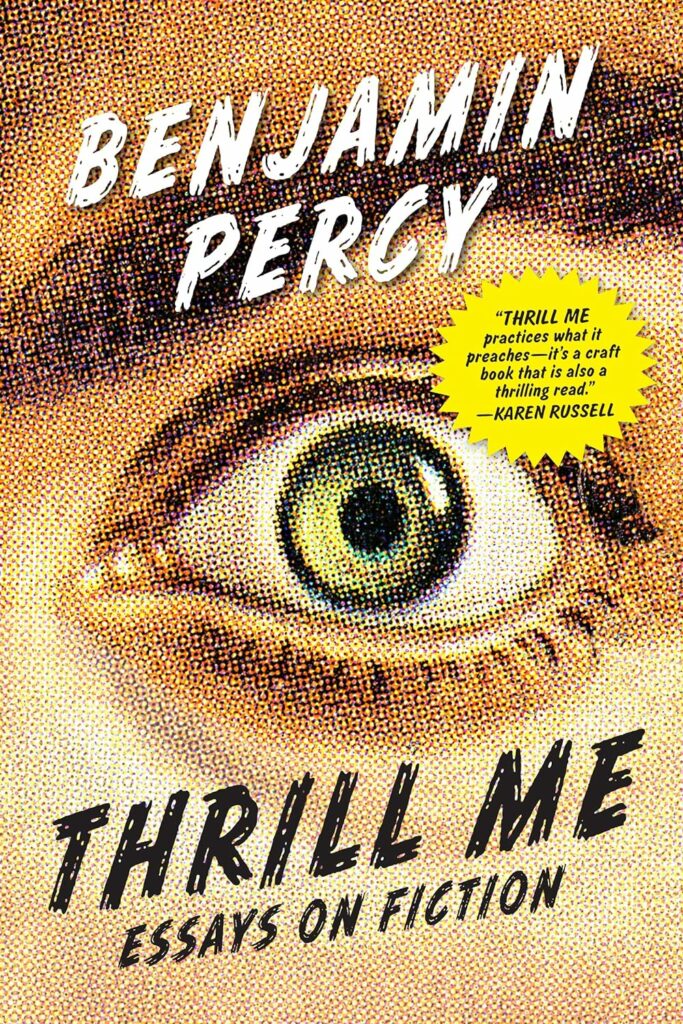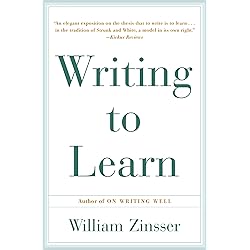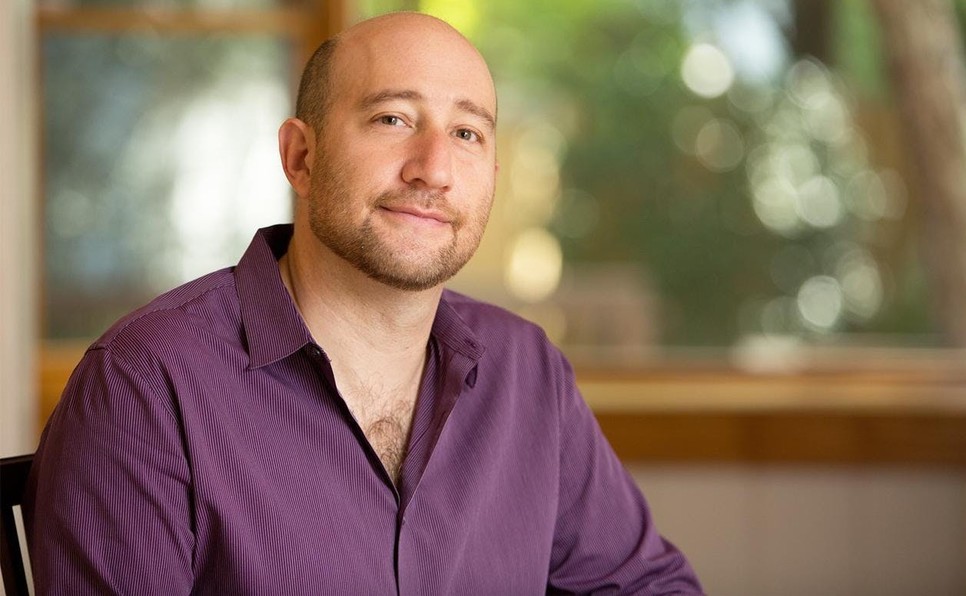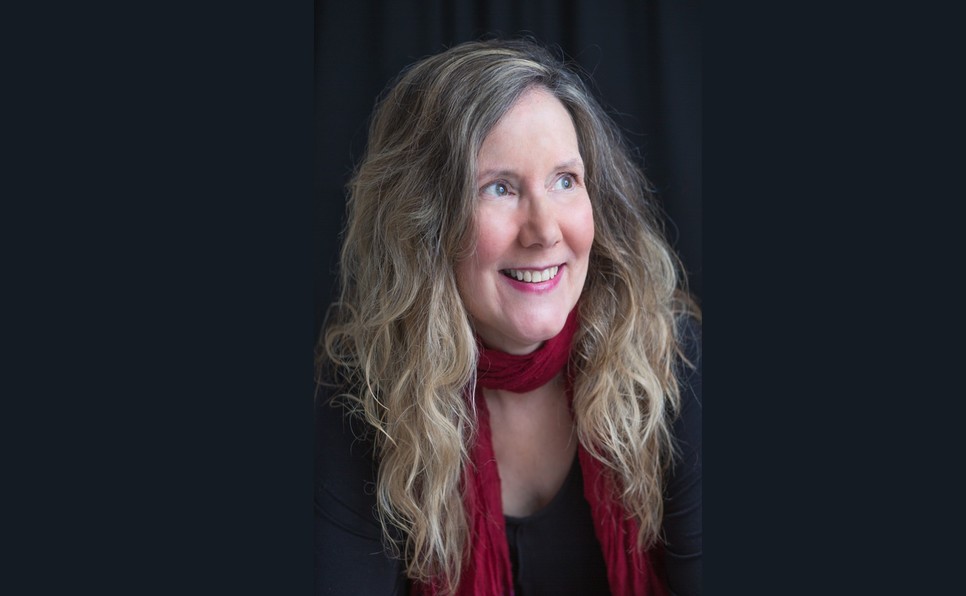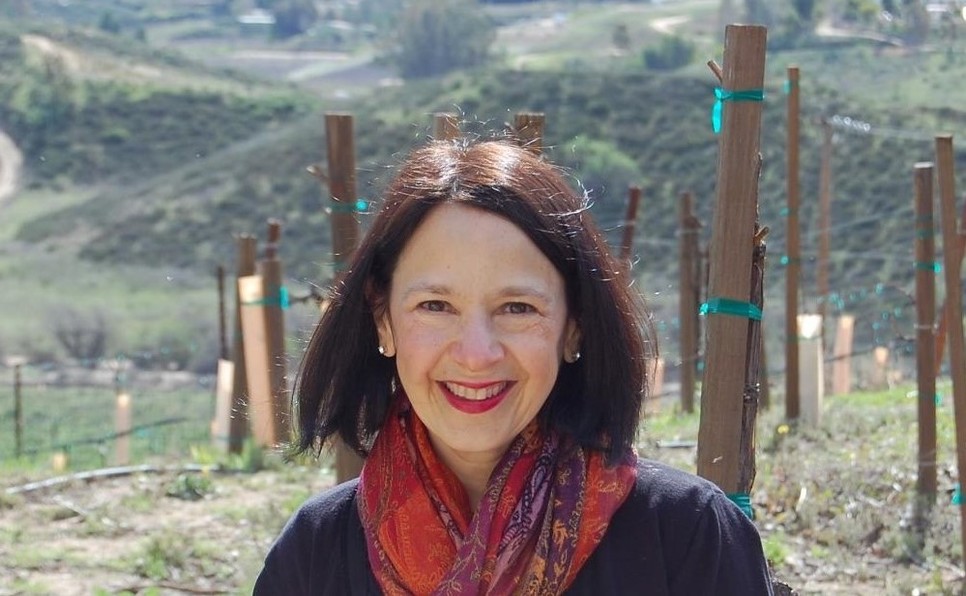When I first met author Robert Levy on my MFA (at the bar, as I recall—instant appreciation over red wine), I remember getting such a keen sense of warmth and support from him, which hasn’t eased up over the years. Robert is a fierce champion for his students and fellow writers, and can be regularly found at New York city literary events reading, performing, and sharing his disturbing, yet brilliant, work. Of course, I love all of it—the horror, the sex, the obsession— that comprise the deeply twisted tales he concocts. Akin to our mutual friend, author Christa Carmen, we share a deep love for creep. His latest collection, No One Dies From Love: Dark Tales of Loss and Longing, had me gripped, unnerved, unsettled, excited…but mostly, they kept me awake at night! It’s my honor to publish this interview with Robert here on Aspiring Author. And huge thanks for teaching me not to shy away from writing sex scenes!
How did you get into writing?
I’ve written since I was a teenager, and eventually I was encouraged to start sending my work out—first as a playwright, and then as a writer of prose. It’s always been something I’ve done, and I think I’d be hard-pressed to ever stop completely. It’s my way of processing the world around me, and understanding my own thoughts as well.
Describe your publishing journey
In terms of fiction, I started by writing and publishing short stories and worked my way up to novels. I really enjoy doing both, and writing stories is a nice break from the slog of getting through a full-length book. I feel that writing different lengths simultaneously is the most satisfying way to navigate the process as a whole.
What was the inspiration behind your latest collection of stories, No One Dies From Love?
As I was assembling stories for the collection, I wanted there to be a thematic connection between them, and was startled to discover that I had a really strong undercurrent of longing in my fiction (which is to say yearning for something that is missing). That was basis for choosing these stories in particular.
Sex, death, horror. Your stories are often graphic, with depictions of consumption, of bite marks, of eating the “other.” Why do you think that is?
I think consumption—literally and metaphorically—is an apt place for both horror and eroticism to meet. It’s baked right in to the vampire legend, for example, which is certainly one of the biggest staples of the horror genre. And life is all about sex and death, or it is for me at least—they’ve always been my chief literary preoccupations.
Your characters often discover the real darkness residing within themselves by each story’s conclusion. In “The Cenacle,” a widow finally smiles after untold grief and horrors. How do you inject that light into the darkness?
I’ve always loved reading work that finds the ugliness in beauty and the beauty in ugliness, and I think that light and dark play off each other the same way. It’s the same with life and death: you can’t have one without the other. I enjoy blurring the boundaries between these supposed binaries, which is a really great way to portray things from a new and different perspective.
Who are your literary inspirations? Mentors? Favorite books?
I have far too many to name them all, but can tell you my first and most recent inspirations off the top of my head. The first was Kristin McCloy’s novel Velocity, which I read at the age of fifteen and had a profound effect on what I believed contemporary literature was capable of, and hence what I wanted to do with my life. Most recently, I’ve become a huge fanboy of Mariana Enriquez, whose short fiction especially blew the top of my head off and made me glad for the state of modern horror in general.
Much of your work focuses on coming of age, from boy to man, from girl to woman, often in disturbing ways. Why is that such a pivotal period for you to write about?
The teen years are notoriously an age of heightened emotion—where everything feels like life or death—and since emotion is basically the engine that powers fiction, it’s kind of a no-brainer to explore that time in a person’s life. It’s also a time of great tension, when you’re discovering who you are and what your future path may be, and yet you’re largely at the mercy of adults who are trying to guide you and/or inhibit you. All the conflict is already built in.
Your novella, Anaïs Nin at the Grand Guignol is a sexy, macabre imagining of the erotica author’s dance with the Devil. How comfortable were you writing about a real author and layering on the horror?
I had a blast writing Anaïs Nin at the Grand Guignol. As a huge fan of Nin’s it was a lot of fun stepping inside her shoes, and once I decided to do it I had to let my insecurities about inhabiting her world fall by the wayside—otherwise I would have felt to constricted by the expectations of others. As for adding on the horror, that’s just what I do!
How do you separate the business end of writing from the craft?
I try—and sometimes even succeed—to check that business side of myself while I’m in the actual process of writing. Once I start polishing a manuscript, I’ll start to take a look at how or where something might be sold, but the initial draft is divorced from the work’s eventual reception. It’s akin to quieting the inner censor, I suppose. It’s just part of the process.
What is your daily writing routine?
Some days I spend writing, some days I have other things to do, involving editing or teaching or just taking care of my kids. I don’t think rigidity works very well for me, so I try to hold the expectations of a daily word count very loosely.
You literally write a gay character in a closet. Talk to me about gay and queer identity in your writing, and how it pertains to secrets, desire, and longing?
I think queer people have always held their own mysteries. It comes from being born like a cuckoo, into a nest where you are fundamentally different than those around you, and it gives us a unique perspective, which is invaluable as an artist. And while homophobia necessitates code-switching and sometimes hiding an essential part of yourself from others, it also makes us adept at observing others, to suss out danger or those who might be of our same kind.
Sex scenes are notoriously difficult to write; you do it flawlessly. How can writers pull off convincing sex scenes?
Thank you! I’ve always been perplexed by so many writers’ aversion to writing sex, since it can be so powerful when it comes to characterization (and, er, action too). I think it’s like any type of scene, insofar as the more of them you read—and the more of them you write—the better you get at it. Actually, that might be true of sex as well!
What books on writing and/or publishing do you recommend?
My go-to text for my students is Benjamin Percy’s Thrill Me, which is astonishingly helpful regarding many various elements of writing, all in the service of making your work as compelling as possible. Percy’s enthusiasm is infectious, and I can’t recommend it more highly.
You teach on a low-residency MFA program. Would you recommend the MFA to aspiring authors?
Absolutely. I think any MFA program can be valuable, since you’re setting aside time to perfect your craft, but a low-residency model means that you don’t have to up quit your job or leave your family or otherwise uproot your life in order to dedicate yourself to your creative life. At Stonecoast, the low-residency MFA program where I teach, the entire community—from the administration to the faculty to the students—operates as a collective team as well as a cheerleading squad, and I love being a part of it. It’s a really special place.
Talk to me about how important it is to encourage and celebrate, rather than compete with, fellow writers. Have you ever experienced professional jealousy?
I don’t know any writers who have never experienced any kind of professional jealousy. I try to think about it this way—if there’s anyone doing better than you professionally who’s less talented, then surely there are people who are more talented who are less successful. Since so much of the business side of things is beyond our control, your best bet is to put your effort into making the work as strong as possible and then taking it from there.
What does success look like to you?
Being able to work joyfully without the intrusion of the inner demons/internal critic/outside noise. The process is the success.
Your work is seriously, deliciously disturbing. How do you sleep at night?!
By and large, I think of writing dark fiction as a release, although I do wish on occasion that I wrote material that was at least a little cheerier. At the end of the day, though, this is what I do because this is what I most like to read (although sometimes not right before bed).
What advice would you give to aspiring authors looking to get published?
I’m not a huge fan of most conventional wisdom when it comes to writing, but one piece of advice has always stuck with me—write the book you want to read but doesn’t exist yet (a sentiment I’ve seen expressed by Toni Morrison, among others). I believe there’s a magic that comes from creating what’s most important to us that ends up on the page, and there’s no better way of putting your best foot forward than that.
About Author Robert Levy
Robert Levy’s novel The Glittering World was a finalist for the Lambda Literary Award as well as the Shirley Jackson Award, while shorter work has appeared in The Magazine of Fantasy & Science Fiction, Nightmare, Black Static, The Dark, The Best Horror of the Year, and The Year’s Best Gay Speculative Fiction. His story collection No One Dies From Love: Dark Tales of Loss and Longing will both be published later this year. Trained as a forensic psychologist, he teaches at the Stonecoast MFA Program in Creative Writing and can be found at TheRobertLevy.com.
Recommended reading
Here at Aspiring Author, we love recommending bestsellers and fawning over hot new releases. On this real time recommended reading list, you will find a list of top rated books on the publishing industry, craft, and other books to help you elevate your writing career.

